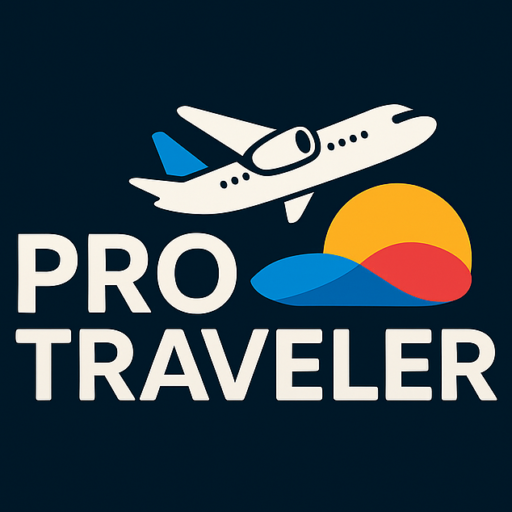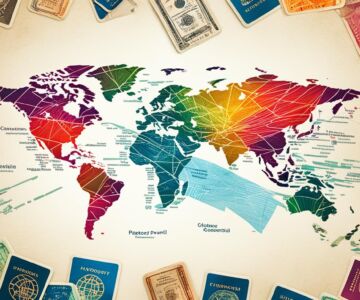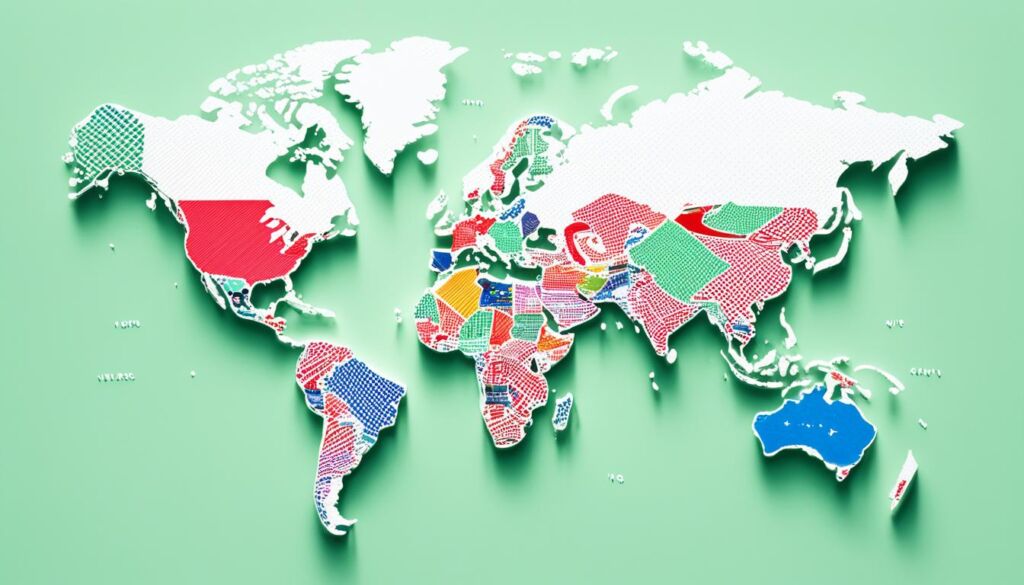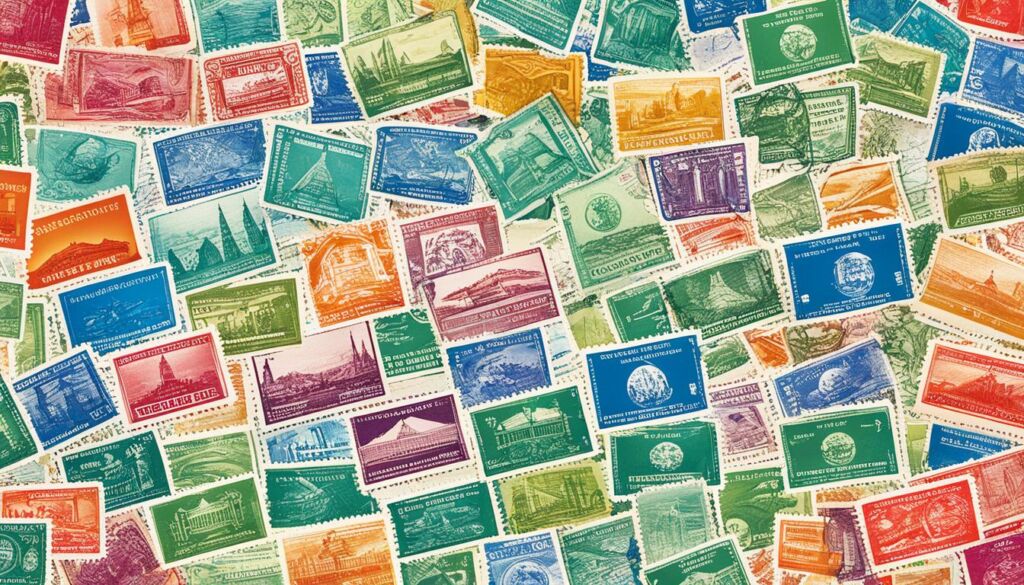Going on a European adventure means seeing amazing places and learning new things. You’ll see everything from tall mountains to beautiful beaches. Planning your trip well makes it fun and easy. This guide will help you with road trip planning in Europe. You’ll learn about international driving and what to pack for a great trip.
Key Takeaways
- Pick a car for your trip that’s reliable and has less than 80,000 miles.
- Use a GPS and keep maps handy for safe driving.
- Choose a laptop that’s light and has a long battery life for fun and staying connected.
- Don’t forget to pack water, medicine, and wet wipes. Make sure your first aid kit is ready.
- Put tinted windows and curtains in your car for privacy when you stop.
- Learn about speed limits and how to use roundabouts in Europe to stay safe.
- Stop and rest every three hours to stay awake and alert while driving.
Preparation and Reliability
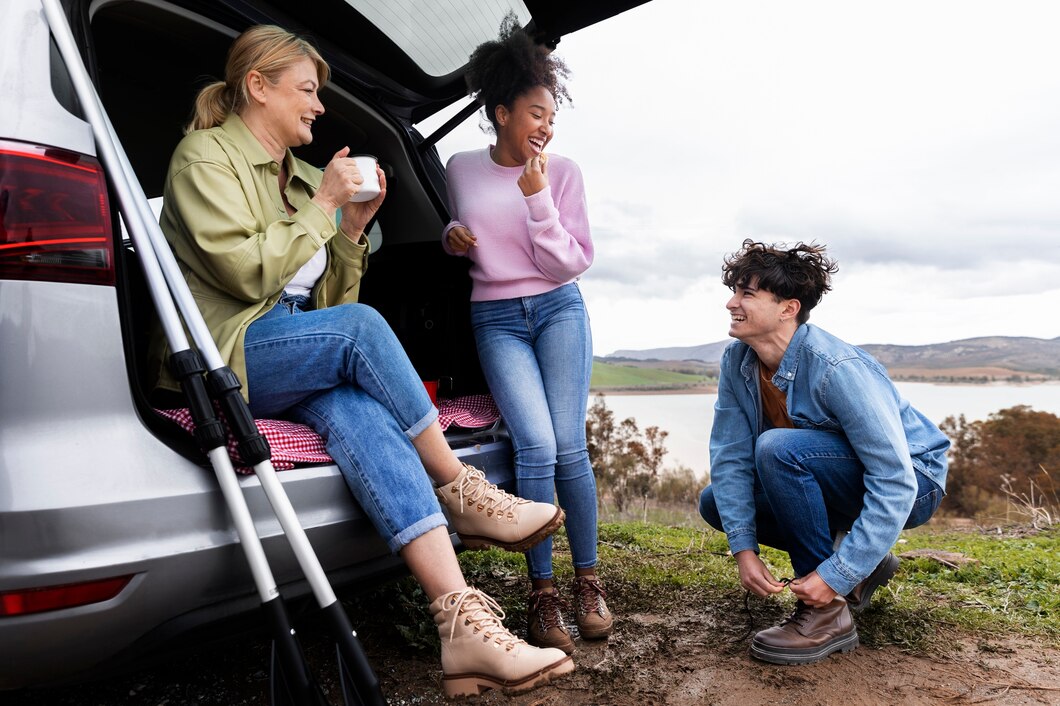
Starting your dream road trip in Europe means getting ready well. Pick the right car for your needs, whether you want to save money or be comfy. Make sure the car has enough room, is dependable, and can handle the roads you’ll be on. Get to know your car before you leave, like how to change a tire or check the spare.
Choosing the Right Vehicle
When picking a car, think about how reliable and comfy it is. Choose a car with enough space for everyone and your stuff. Make sure it’s in good shape for long drives.
Check your tires often with both the car’s gauge and a manual one to avoid flat tires. Do some basic car maintenance before you go, like changing the oil and checking tire pressure. This can help stop your car from breaking down on the road.
Packing Essentials
Packing right is key for a good road trip. Put your stuff in boxes by category so you can find things easily. Bring useful items like trash bags, water bottles, and paper towels to make your trip better.
Keep important info like your blood type and emergency contacts in the glove box. Don’t forget an emergency road kit that fits your family’s needs.
Route Planning with Offline Maps
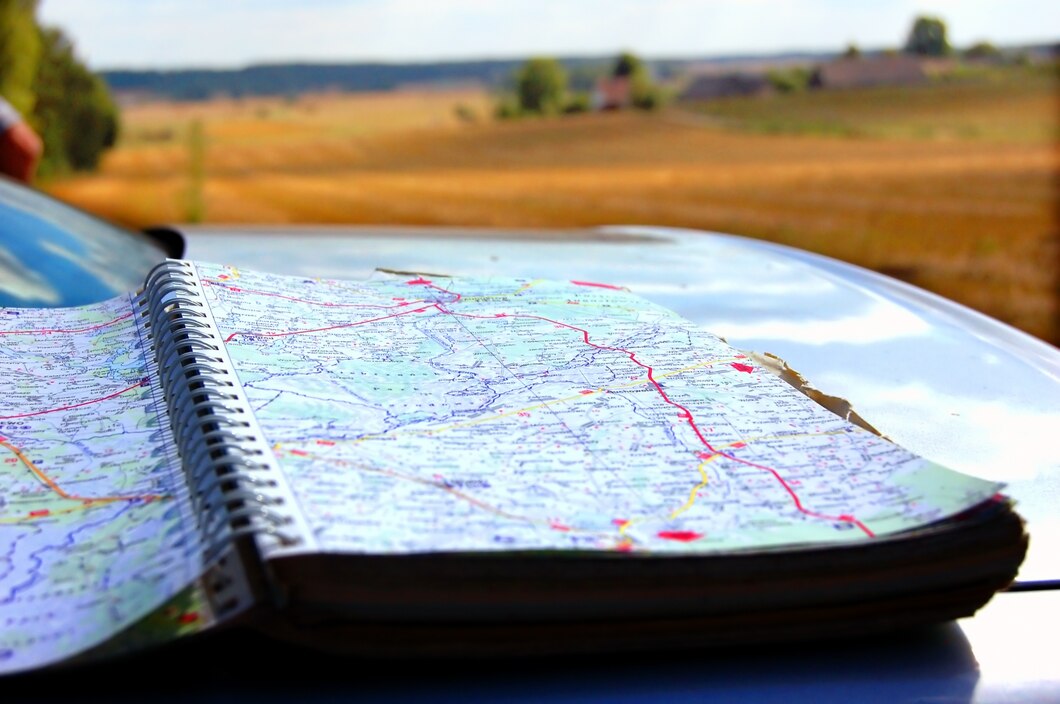
GPS is useful, but having offline maps is a must for places with no signal. Make sure your maps are up to date. Use apps like Waze to save maps.
This way, you won’t get lost in different places. It makes sure your trip goes smoothly.
Understanding European Road Rules

Driving in Europe means knowing the road regulations. You’ll find speed limits and rules against using phones while driving. These laws help keep everyone safe.
Speed Limits and Traffic Regulations
Speed limits change a lot from country to country. In Germany, some roads have no speed limit, but cities have strict limits. Kids under 12 must sit in the back with a booster seat in most places.
Also, using a phone while driving is banned almost everywhere. So, it’s important to have a way to use your phone safely while driving.
Importance of Highway Vignettes and Tolls
In many European countries, you need to buy a vignette to use highways. Austria and Slovenia are two countries where you must have one. France, Italy, Spain, and Portugal use electronic tolls on big roads.
Knowing how to get these vignettes and how to pay tolls makes your trip smoother.
| Country | Vignette Requirement | Toll Routes |
|---|---|---|
| Austria | Yes | Partial |
| Slovenia | Yes | No |
| Croatia | No | Yes |
| France | No | Yes |
Drinking and Driving Laws
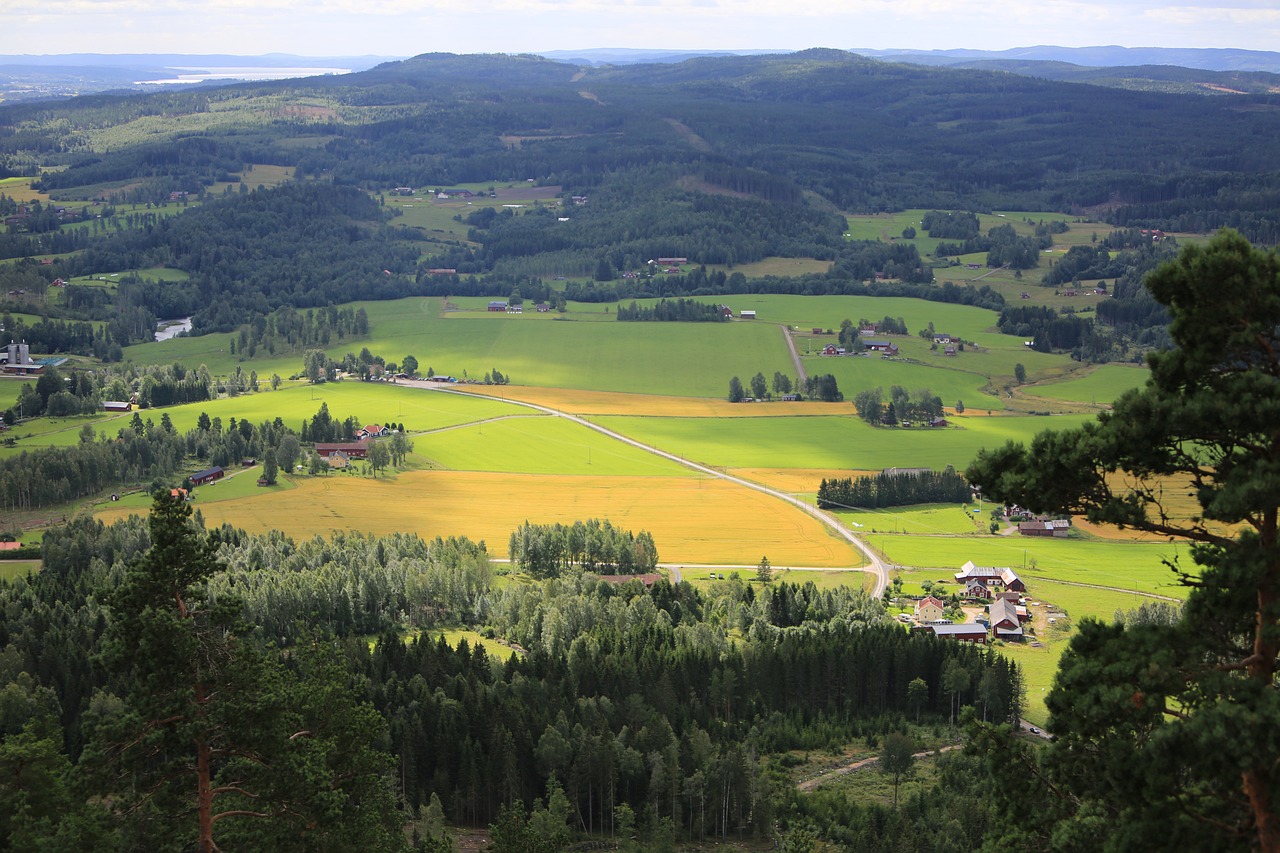
In Europe, the limit for blood alcohol is lower than in the US. Some countries, like Sweden, have a very low limit. It’s important to know these traffic laws to avoid big fines.
Some places, like Italy and Ireland, don’t accept credit card insurance for rental cars. So, planning ahead with vehicle insurance is a good idea.
Navigating Through Different Countries
Traveling to many countries means you’ll cross borders. Make sure you have all your documents ready, like passports. Also, plan for extra time at checkpoints to avoid delays.
Essentials for Crossing Borders
Always keep your passport easy to reach when crossing borders. Some places need extra papers like visas or car papers. Keep your travel plans, hotel bookings, and a safety plan handy too. This helps you answer questions quickly at checkpoints.
Using GPS and Backup Maps
GPS is great, but have printed maps or downloaded routes as a backup. They help when you’re in places with no internet or if your GPS fails. Apps like Roadtrippers and Waze are great for getting updates and finding new paths.
Emergency Contact Numbers
Being ready for the unexpected is key when you travel. Know the emergency number 112, which works in many European countries. Keep this number saved for fast help if you need it. Also, tell a friend or family where you’re going to keep you safe.
Road Trip Tips for a Smooth Journey
Going on a road trip across Europe needs careful planning for a smooth trip. Here are some key tips to make your journey fun and safe.
Keeping Extra Fuel
It’s important to manage your fuel well on the road. Always keep your gas tank more than half full. This way, you won’t run out of gas in places where stations are hard to find. It makes your trip safer and avoids delays.
Respecting Local Driving Etiquette
Following the rules of the road in each place makes your trip better. Watch out for speed limits, tunnel rules, and lane use. Talking to locals, like volunteers or park rangers, can teach you a lot. They can help you stay safe and respectful on the road.
Dealing with Unfamiliar Road Signs
Knowing road signs is key when driving in new places. Learn common signs and symbols before you go. If you can’t understand signs, ask for help with simple pictures. This way, you’ll move around easily and feel less stressed.
- Europe’s diversity in road signs
- Common symbols to familiarize with
- Possibly using translation apps or booklets
Staying Comfortable on the Road
Being comfy on a road trip is key for fun. Good car organization makes a big difference. Use bins or organizers to keep things neat. This way, you can find things like snacks and emergency kits easily.
A clean car looks nice and helps you relax on long trips. Most people find a tidy car makes them feel more at ease.
Organizing Your Car Interior
Having an organized car cuts down on stress and boosts comfort. Keep important papers in a special folder. And store snacks like beef jerky and carrots in their own spots.
Dirty cars can make you feel bad. So, keep your car clean to make your trip better.
Finding Places to Sleep
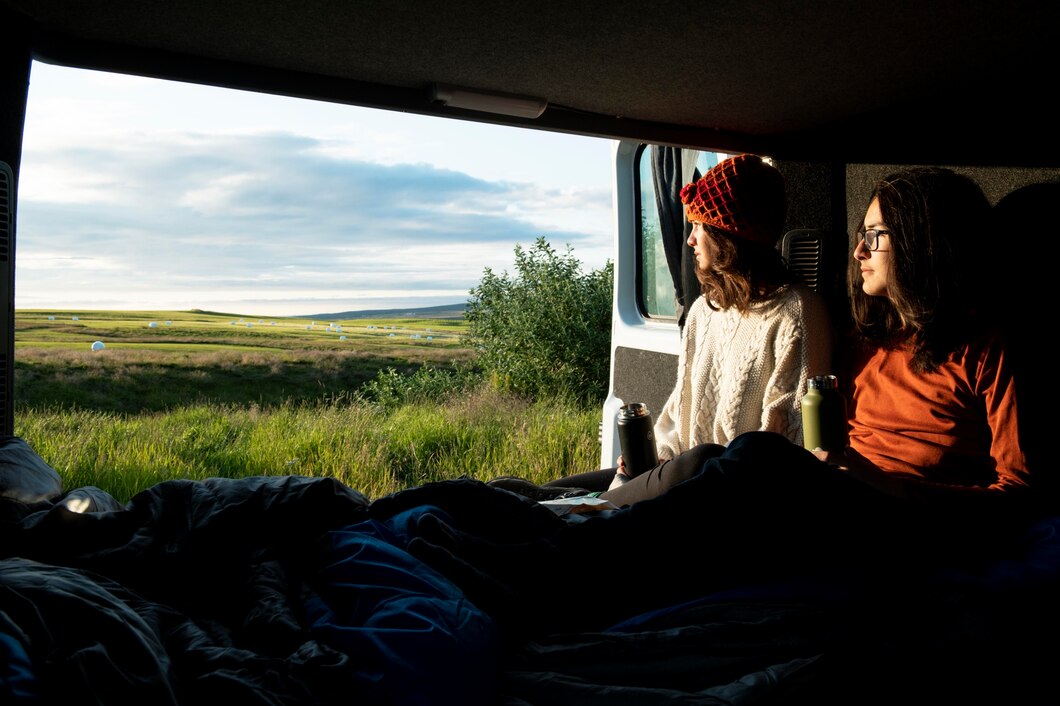
Finding good places to sleep is important. You can sleep in your car or book a hotel. Make sure you get enough sleep before your trip.
Getting 7 hours of sleep for two nights before your trip is good advice. Sleeping during long drives helps too. So, make sure your friends are also well-rested.
Maintaining Cleanliness
Keeping your car clean is key for comfort. A clean car reduces discomfort from a messy space. Good car maintenance, like looking after the suspension and tires, helps too.
Take breaks every 100 miles or 2 hours to stretch. This keeps you and your friends comfy and awake during the trip.

